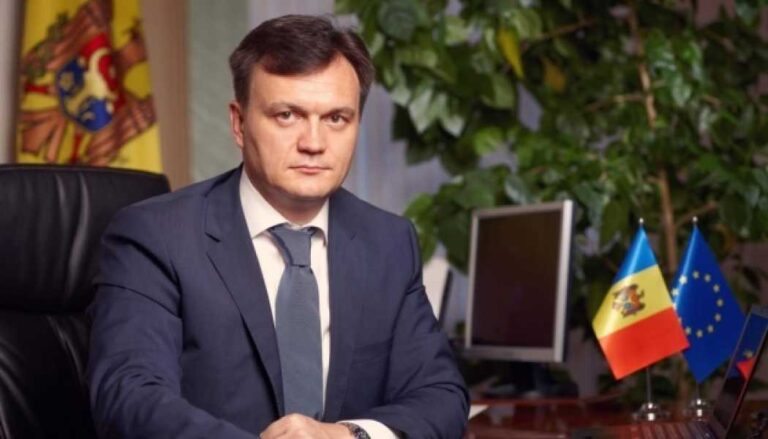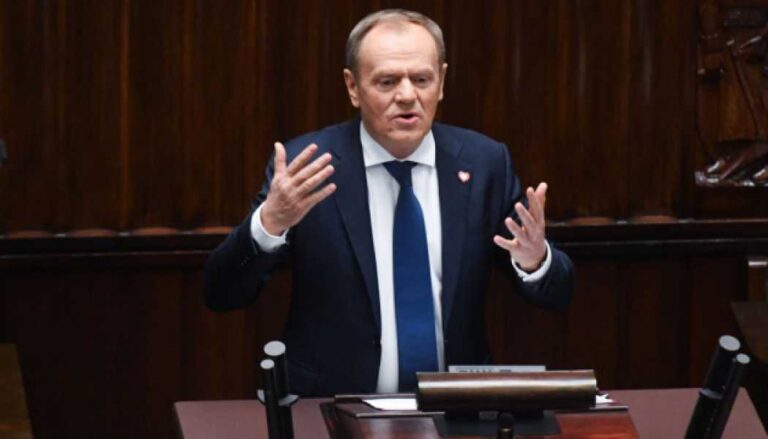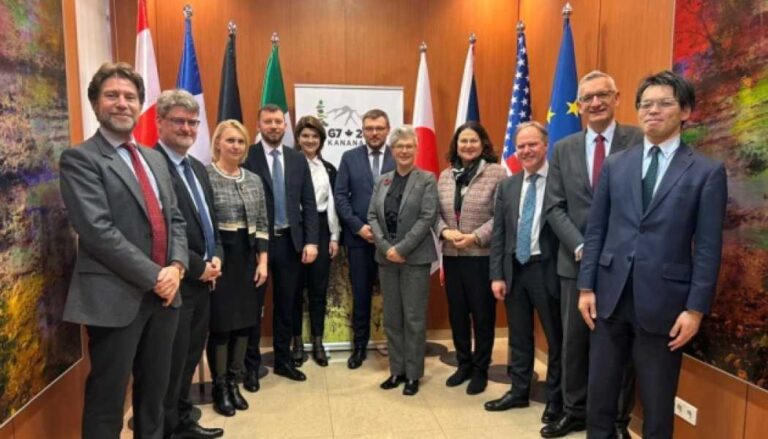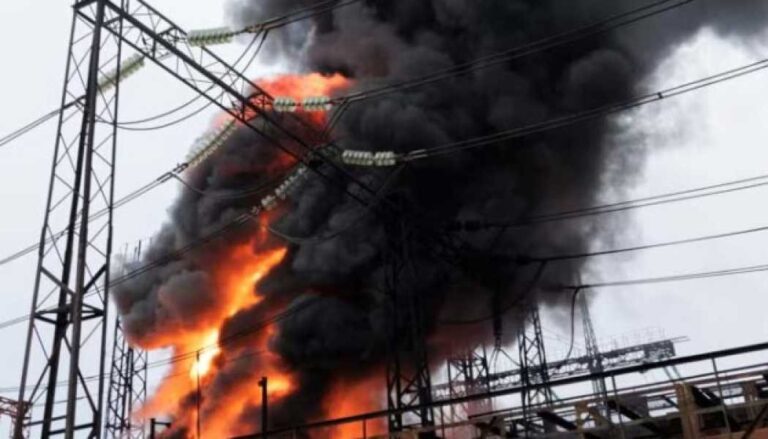Paris Summit of the “Coalition of the Willing”: Words about reparations must be backed up by actions about reparations!
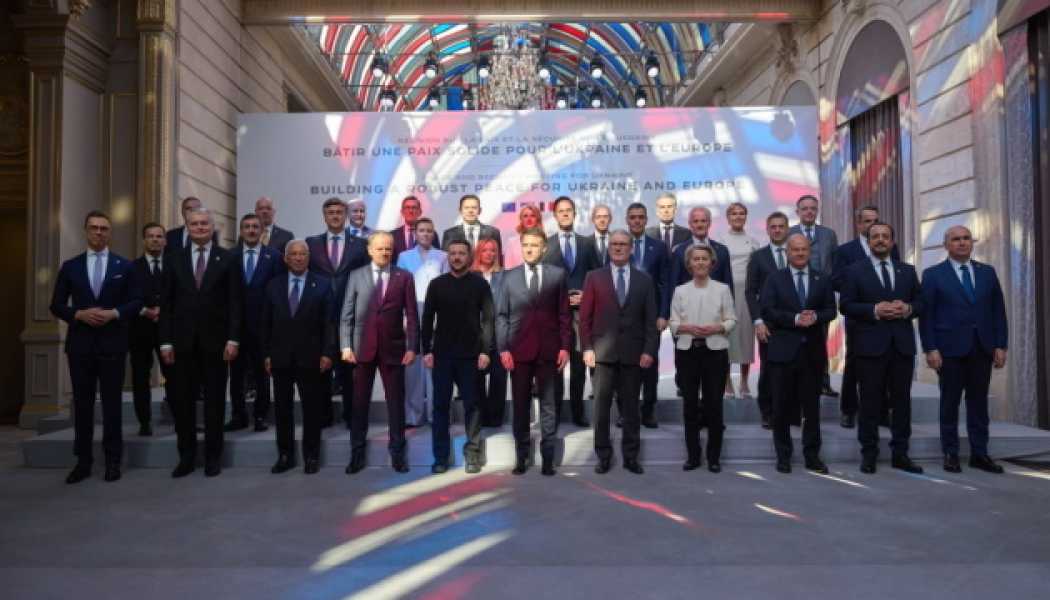
The Coalition of the Willing summit in Paris reaffirmed support for Ukraine. But the main question remains: does Er have the political will to implement it?
Leaders from nearly 30 countries, as well as NATO and EU leaders, gathered in Paris on Wednesday to discuss support for Kyiv and the deployment of European forces to ensure lasting peace. In addition to EU and NATO representatives, the meeting included delegates from Turkey, Canada, Australia and New Zealand, as well as Ukrainian President Volodymyr Zelensky, who traveled to the French capital to attend the summit in person.
The agenda focused on the following strategic areas:
– constant support for Ukraine in its resistance to Russian aggression;
– the possible deployment of an international military contingent on the territory of Ukraine within the framework of a future peace agreement.
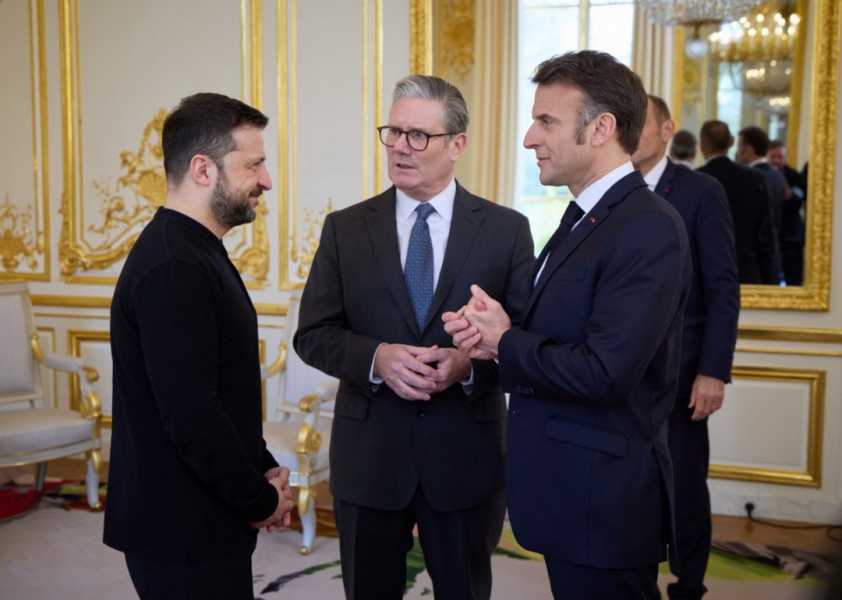
President Volodymyr Zelenskyy talks with UK leaders Keir Starmer and France's Emmanuel Macron
The importance of this meeting is hard to overestimate, and it is worth mentioning the French president who initiated it. At the same time, Polish Prime Minister Donald Tusk made an important remark about the effectiveness of such events before the summit: “These meetings, summits, video conferences and trips concerning the Ukrainian issue are indeed numerous. Some may argue that there are too many of them. And it seems that the number of meetings does not lead to progress. Let us not think that if there are 56 summits and video conferences, peace will come faster,” Tusk noted.
Many analysts support this view, emphasizing that the discussions, no matter how significant, must lead to concrete results, and not simply to more meetings. But let us return to the summit itself and its results.
Providing military and financial assistance to Ukraine
The summit participants paid special attention to the issue of increasing military and financial support for Ukraine. The President of the European Commission Ursula von der Leyen noted that all efforts are aimed at meeting the needs of the Ukrainian army and economy in the shortest possible time. She confirmed that the EU remains committed to its part of the G7 loan for Ukraine.
The leaders of the Coalition of the Willing stressed the urgent need for increased aid, including weapons, financial support and long-term security guarantees. Joint military exercises and equipment assistance were discussed to help strengthen Ukraine’s defence capabilities. UK Prime Minister Keir Starmer stressed that peace can only be achieved through increased military pressure on Russia. He also announced that the UK Defence Secretary would chair the next Contact Group on Ukraine Defence on 11 April to mobilise more military aid and support Ukraine in its fight.
Maintaining and tightening sanctions against Russia
Ukrainian President Volodymyr Zelensky stressed that sanctions should remain in place until Russia stops its aggression and occupation of Ukrainian territories. French President Emmanuel Macron supported this position, saying: “It is not yet time to lift sanctions.” It should be noted that this is exactly what Russia is demanding in its negotiations with the United States. Therefore, Er’s determination not to change or lift sanctions against Russia is very appropriate.
EU leaders discussed tougher sanctions against Russia to force it to the negotiating table. Ursula von der Leyen stressed that the ultimate goal of sanctions is to achieve a fair and lasting peace.
Deployment of an international military contingent in Ukraine
One of the key topics at the meeting was the deployment of a European “assurance force” in Ukraine. These forces “will act as a deterrent against potential Russian aggression,” French President Emmanuel Macron told reporters during a press conference at the Coalition of the Willing summit on Ukraine in Paris.
However, these security forces are “not intended to perform peacekeeping functions” since they will not replace the Ukrainian Armed Forces and will not be deployed on the front lines, but will be located in “strategic cities” and at bases.
The French president said the issue “will be worked on by our chiefs of staff” in the coming weeks to determine the “map and format” of these deployments.
“These support forces will in no way replace or weaken our efforts on NATO's eastern flank,” but “will be complementary,” Macron said.
British Prime Minister Keir Starmer, in turn, noted that this week London “has hosted more than 200 military planners from 30 countries. They have contributed to everything from logistics and command and control to deployment on land, in the air and at sea. That work continues at the same pace.”
France has suggested that EU countries could deploy “significant forces” in central Ukraine “somewhere along the Dnieper River” and away from the front lines after a peace deal is reached.
Other options under consideration include:
Source: ukrinform.net
